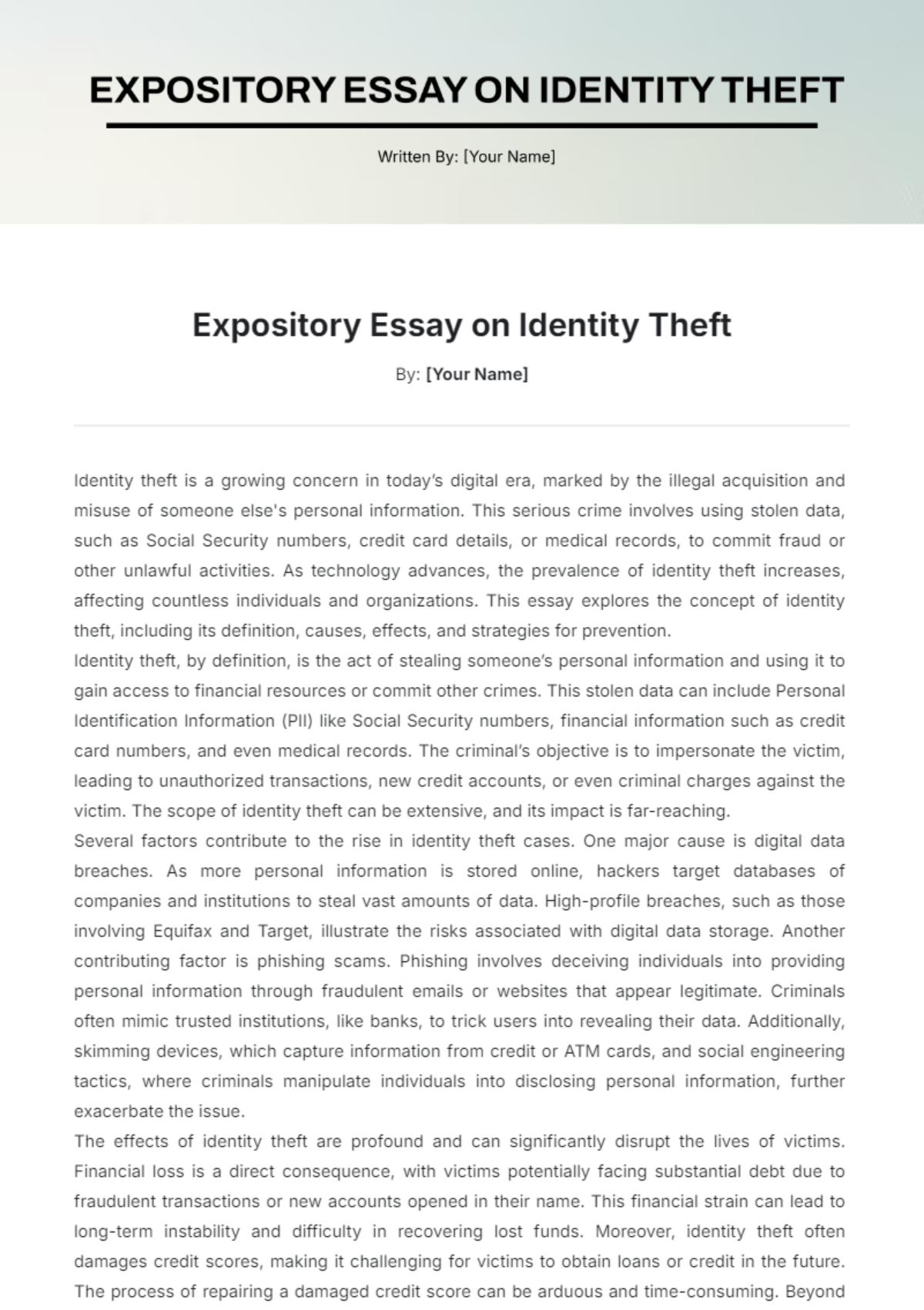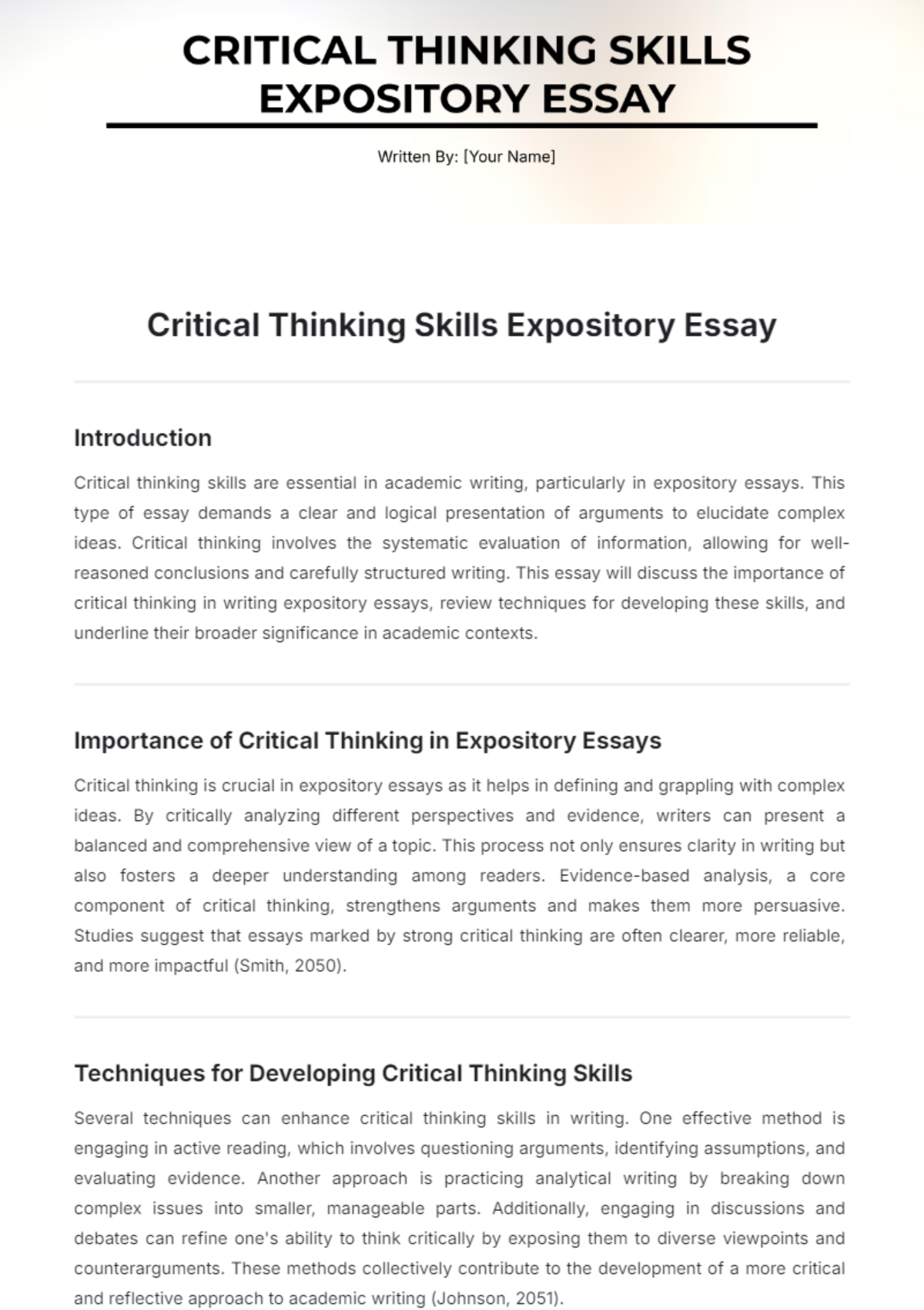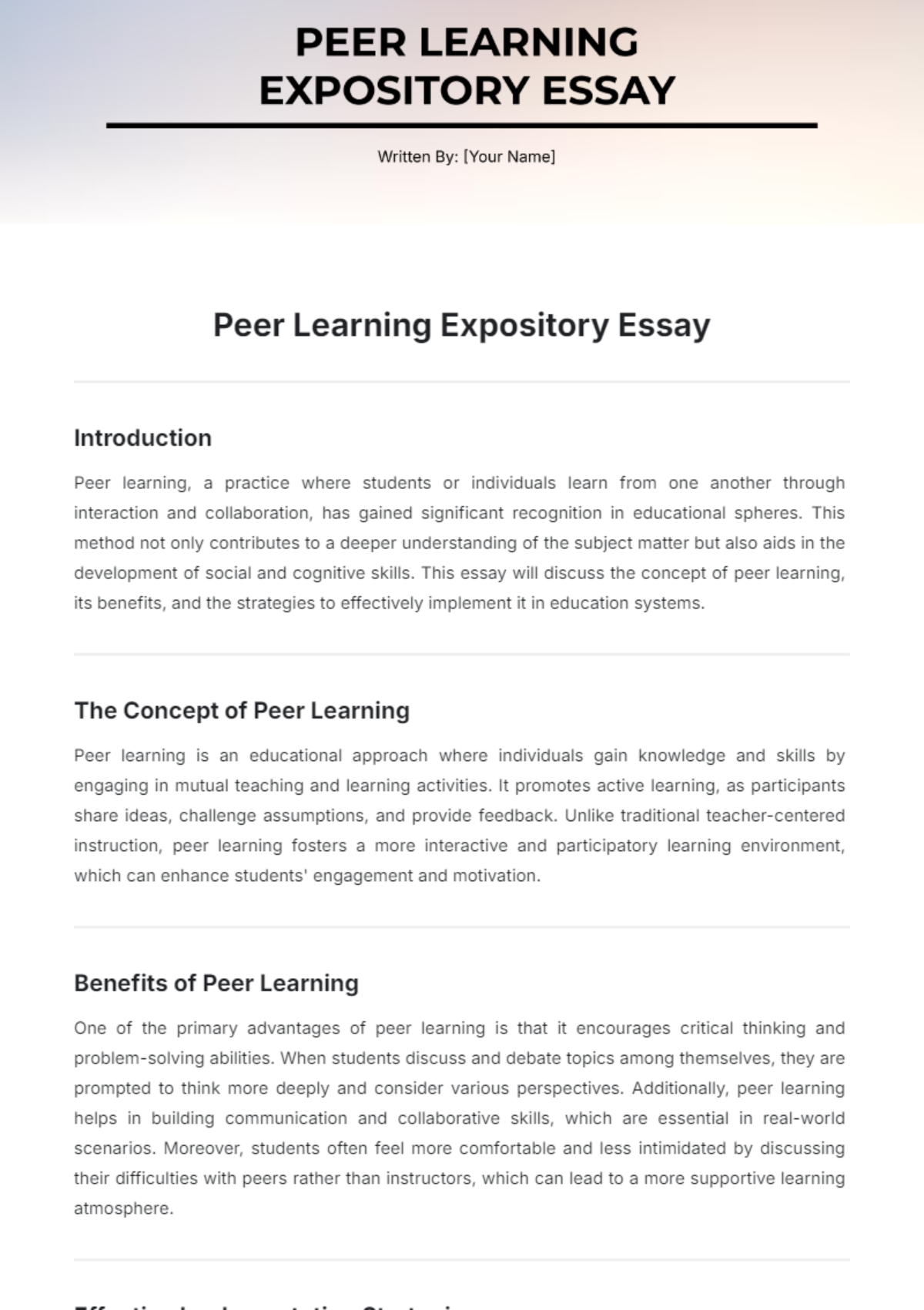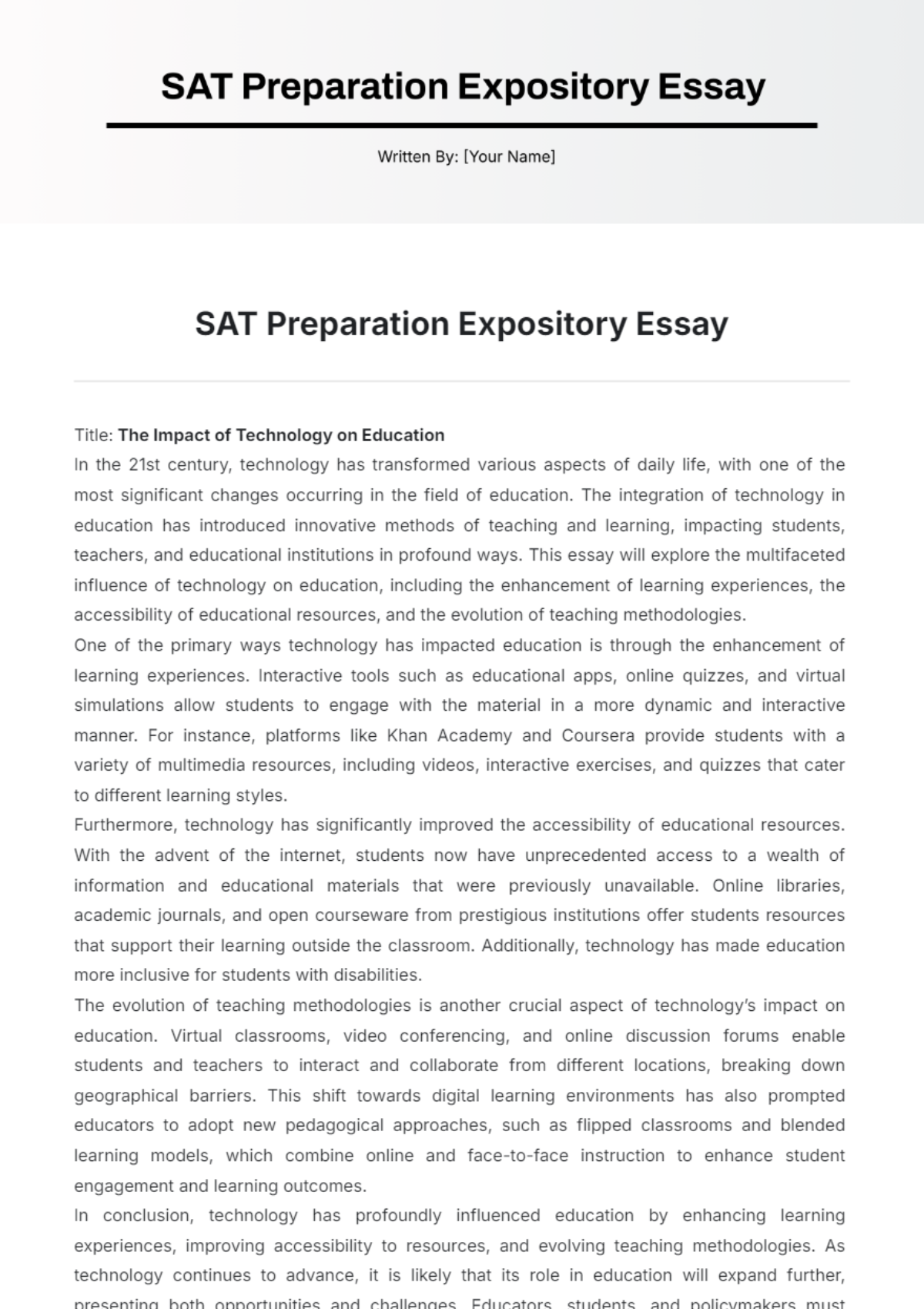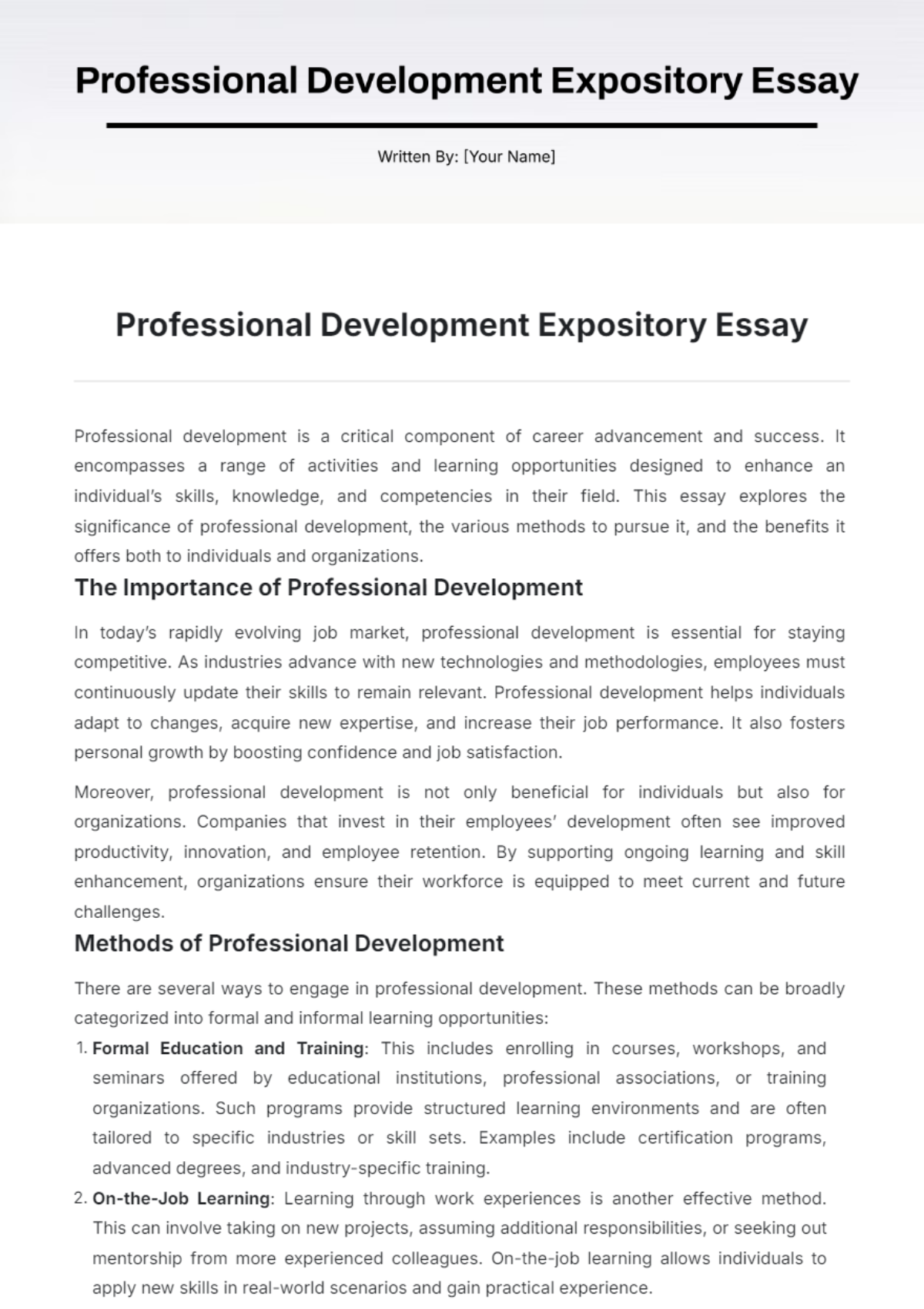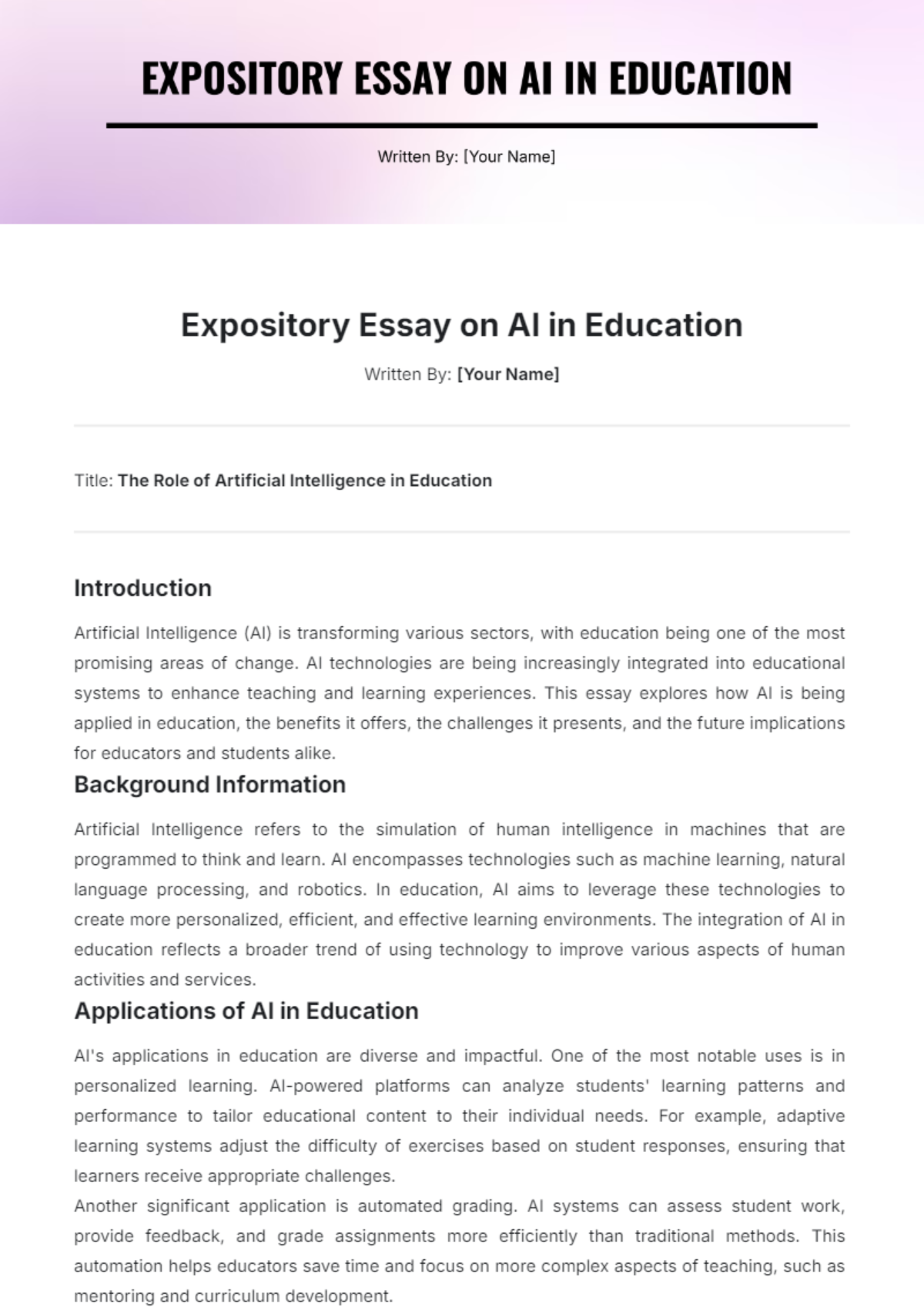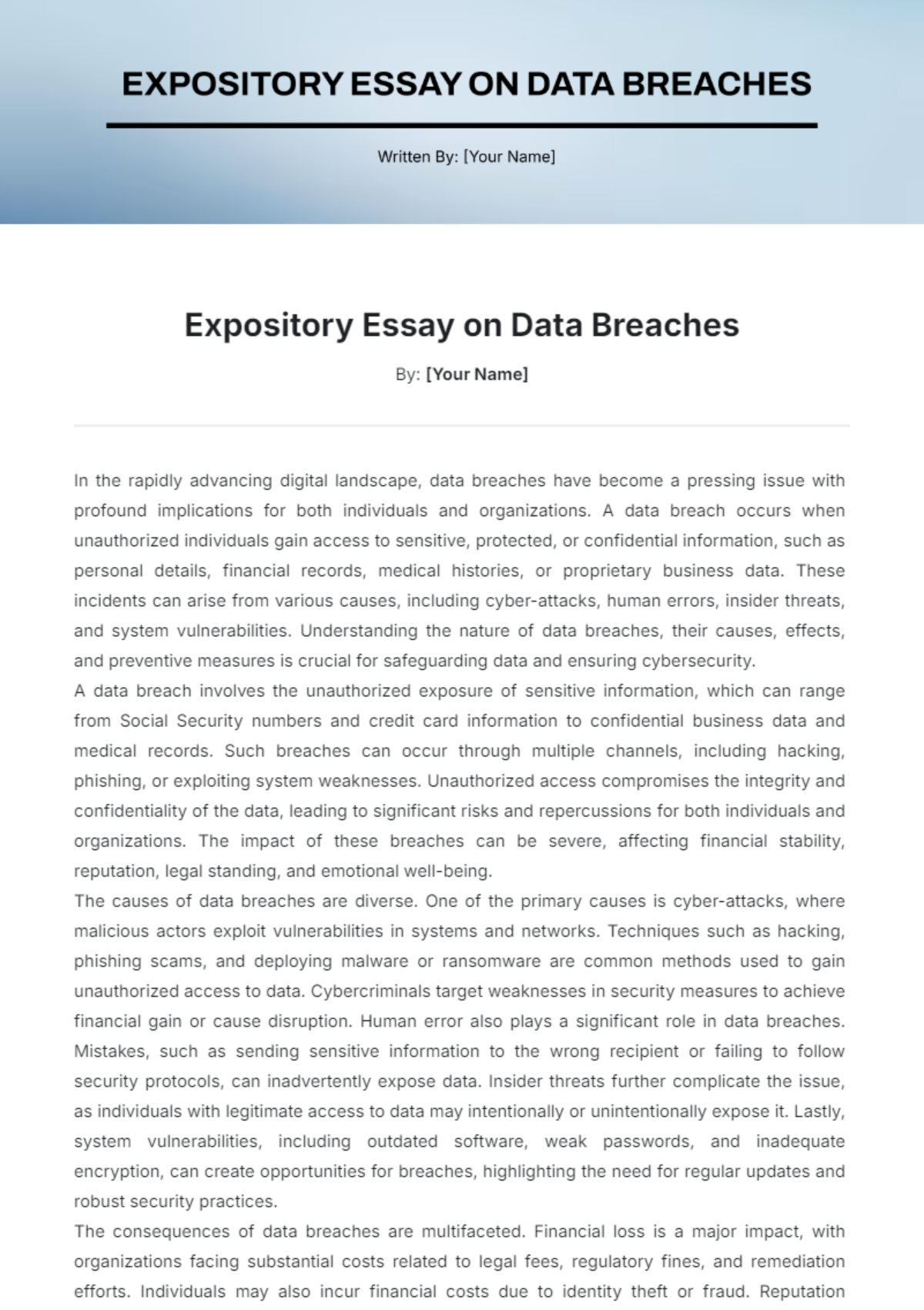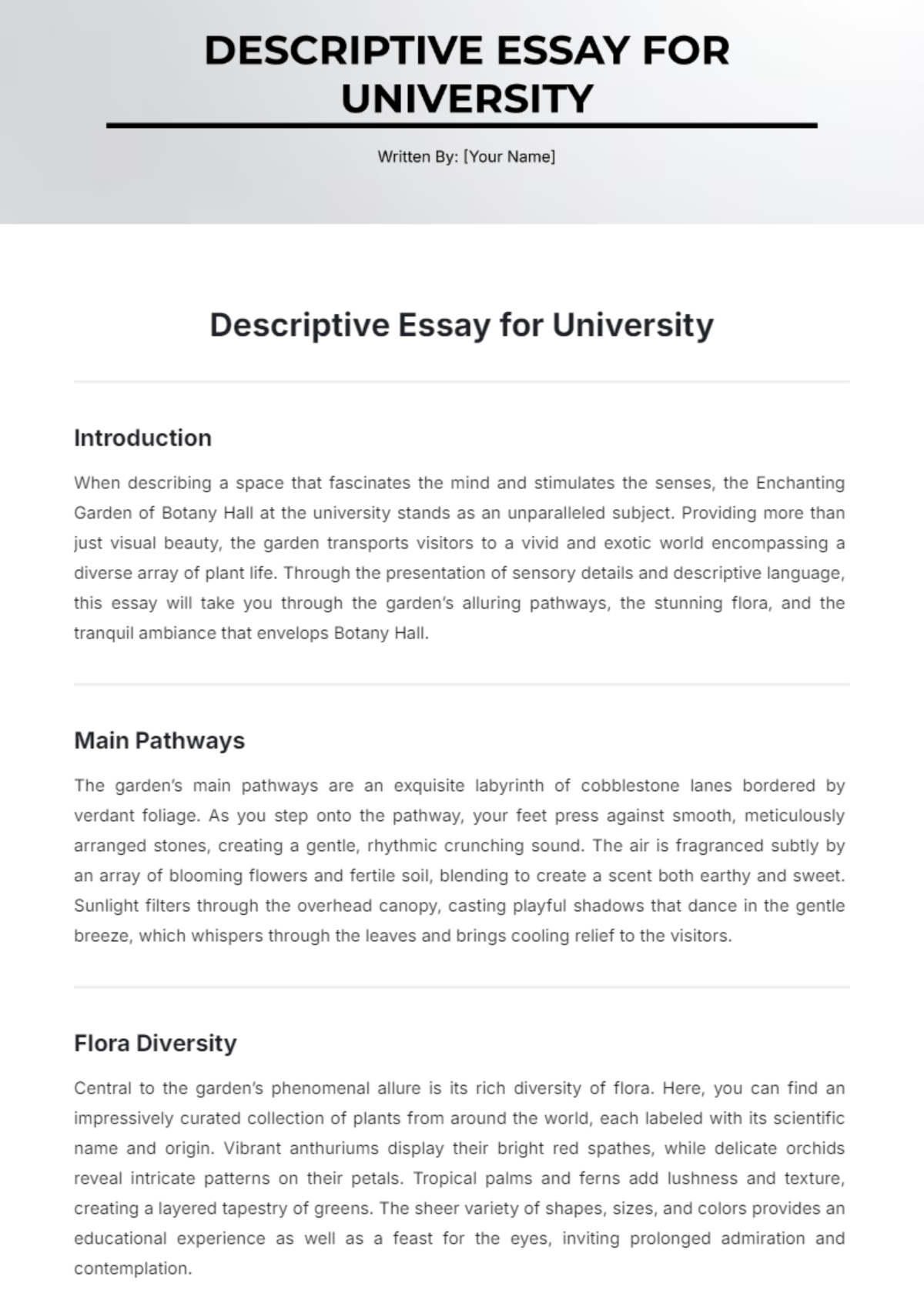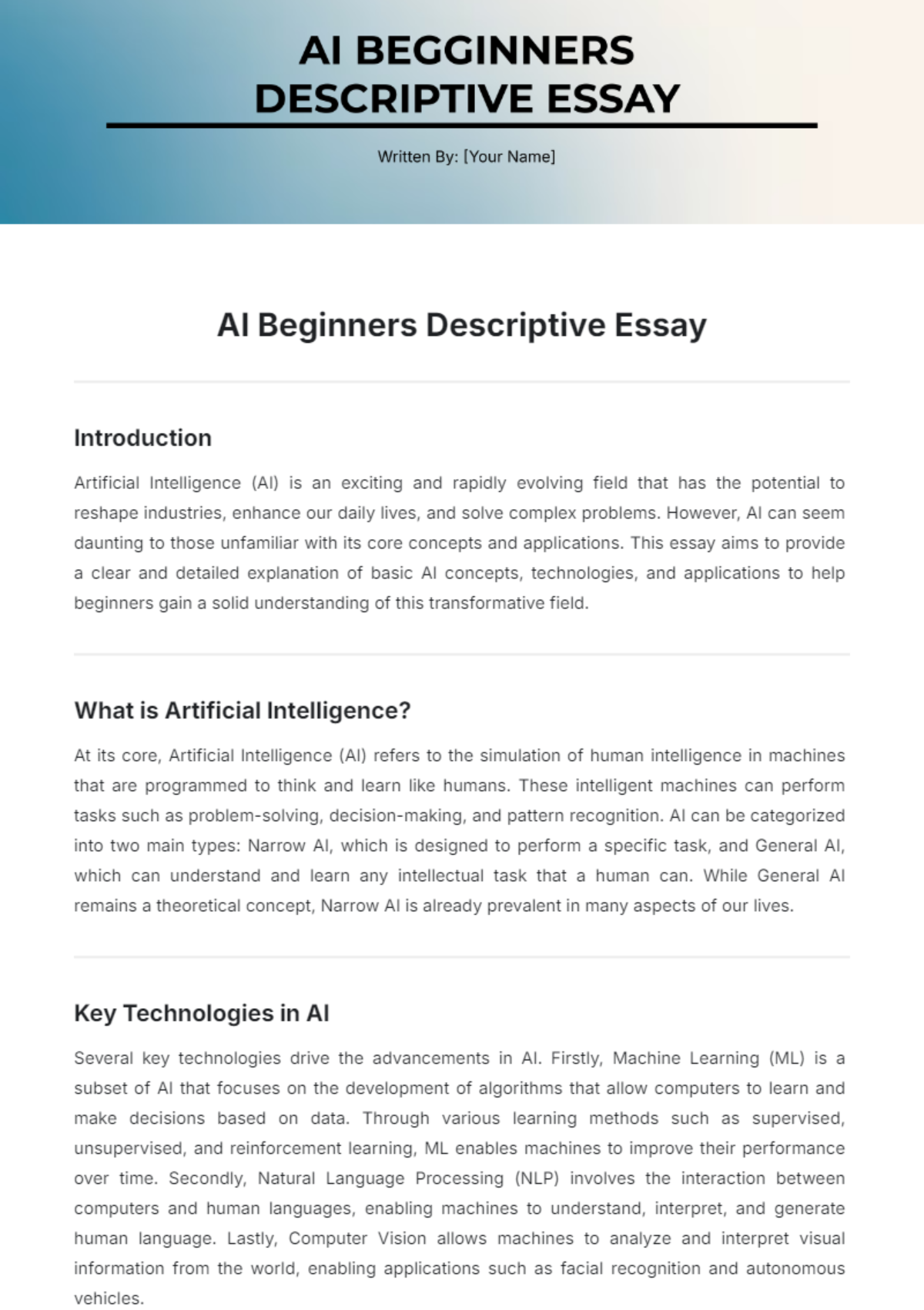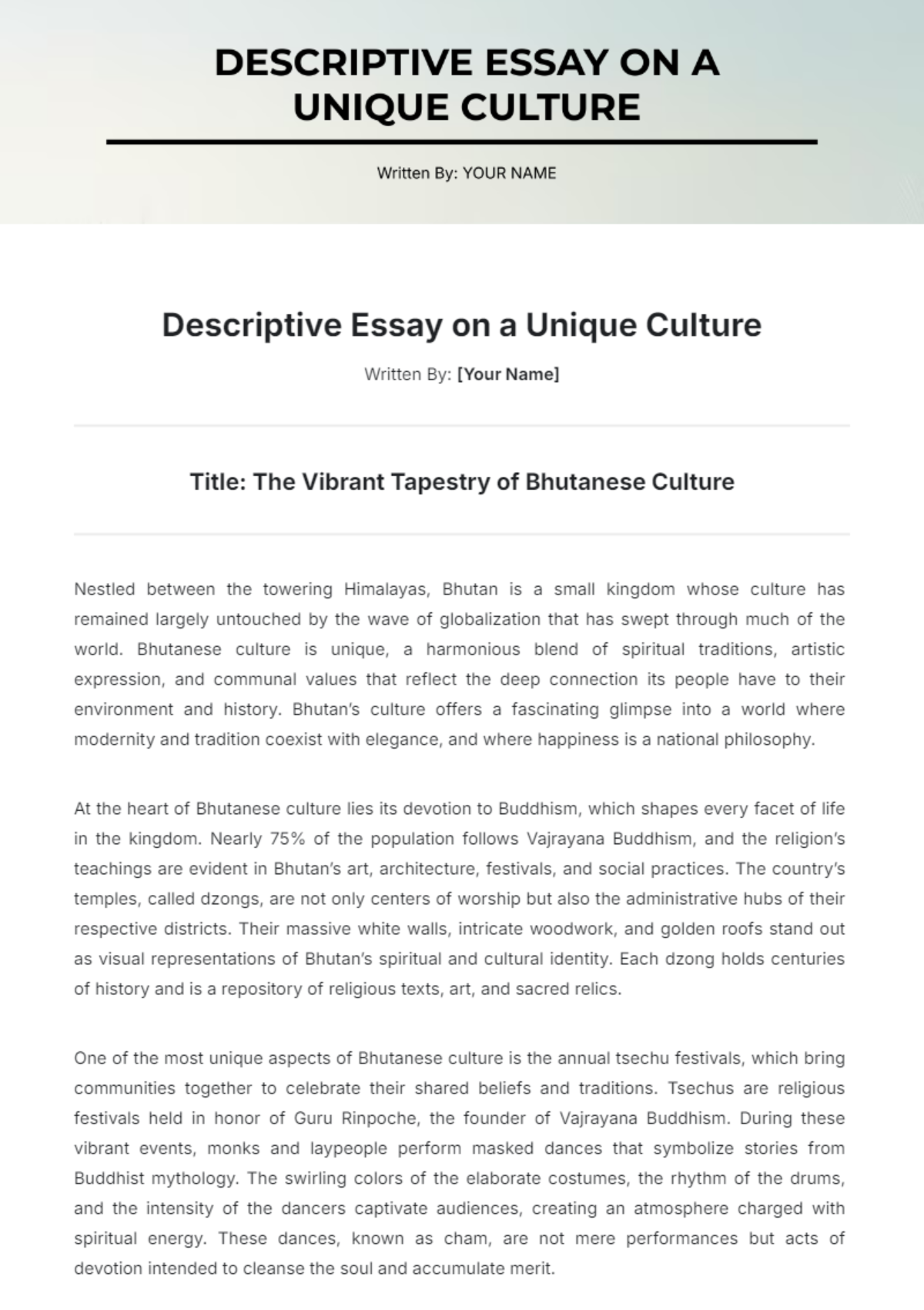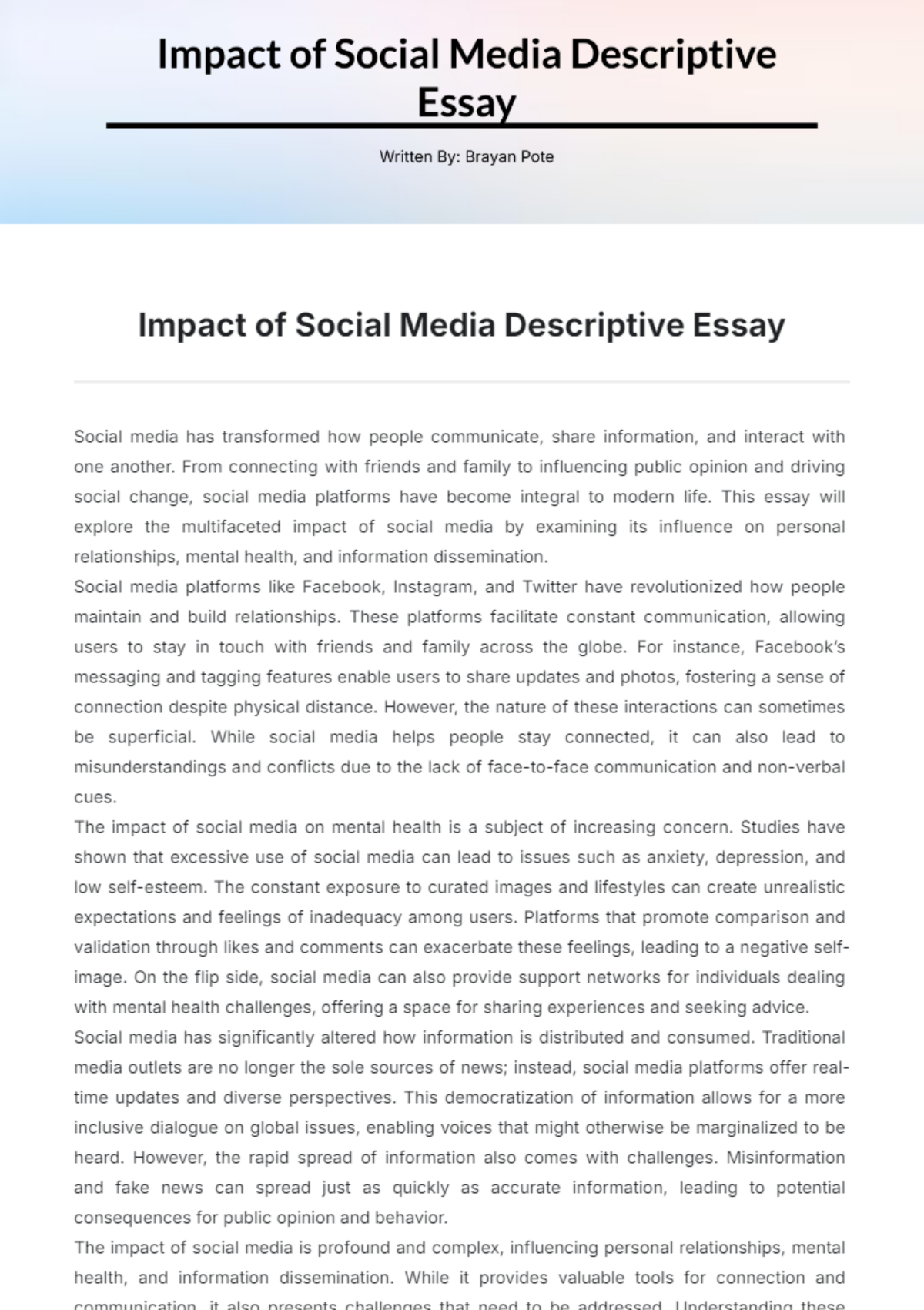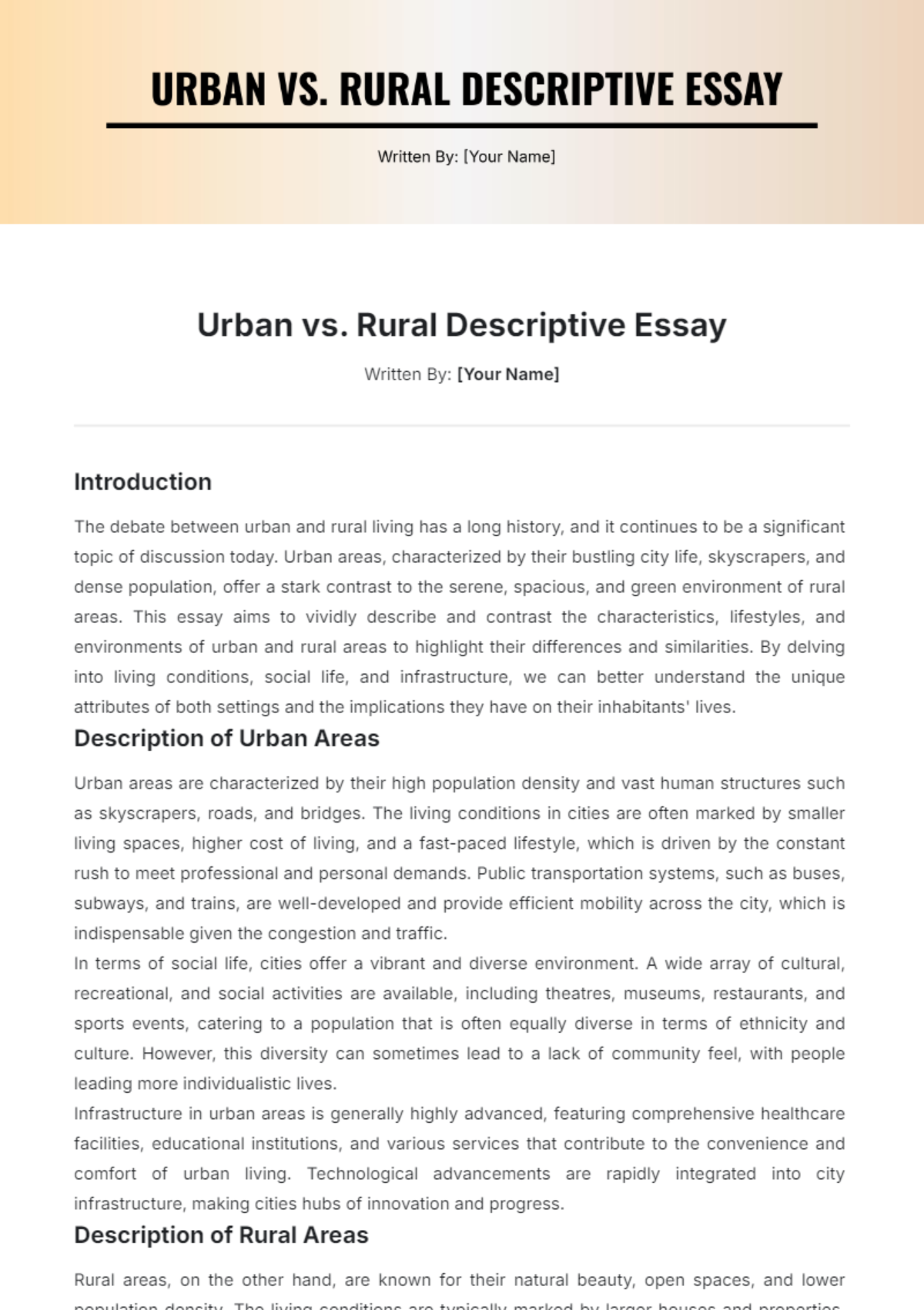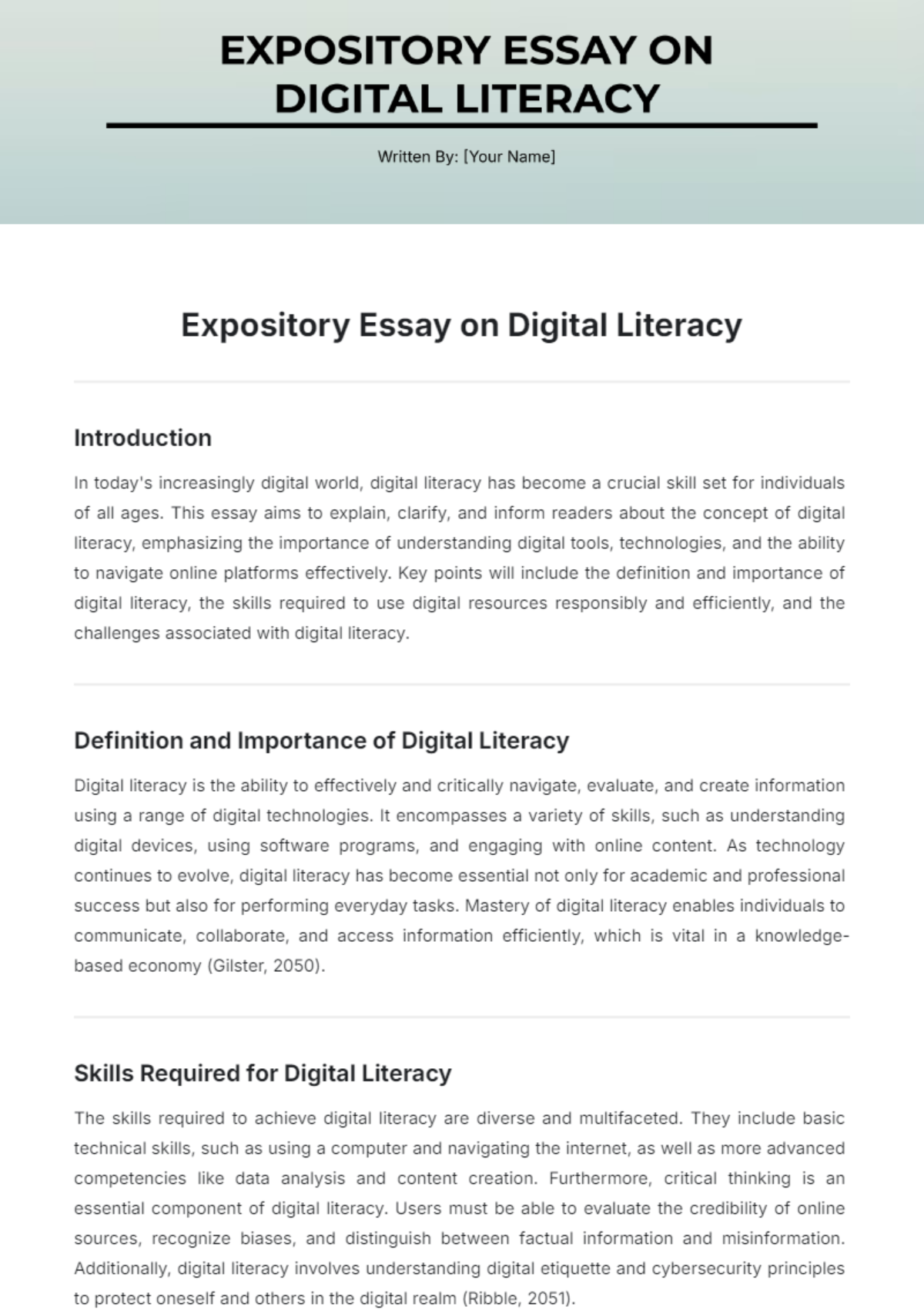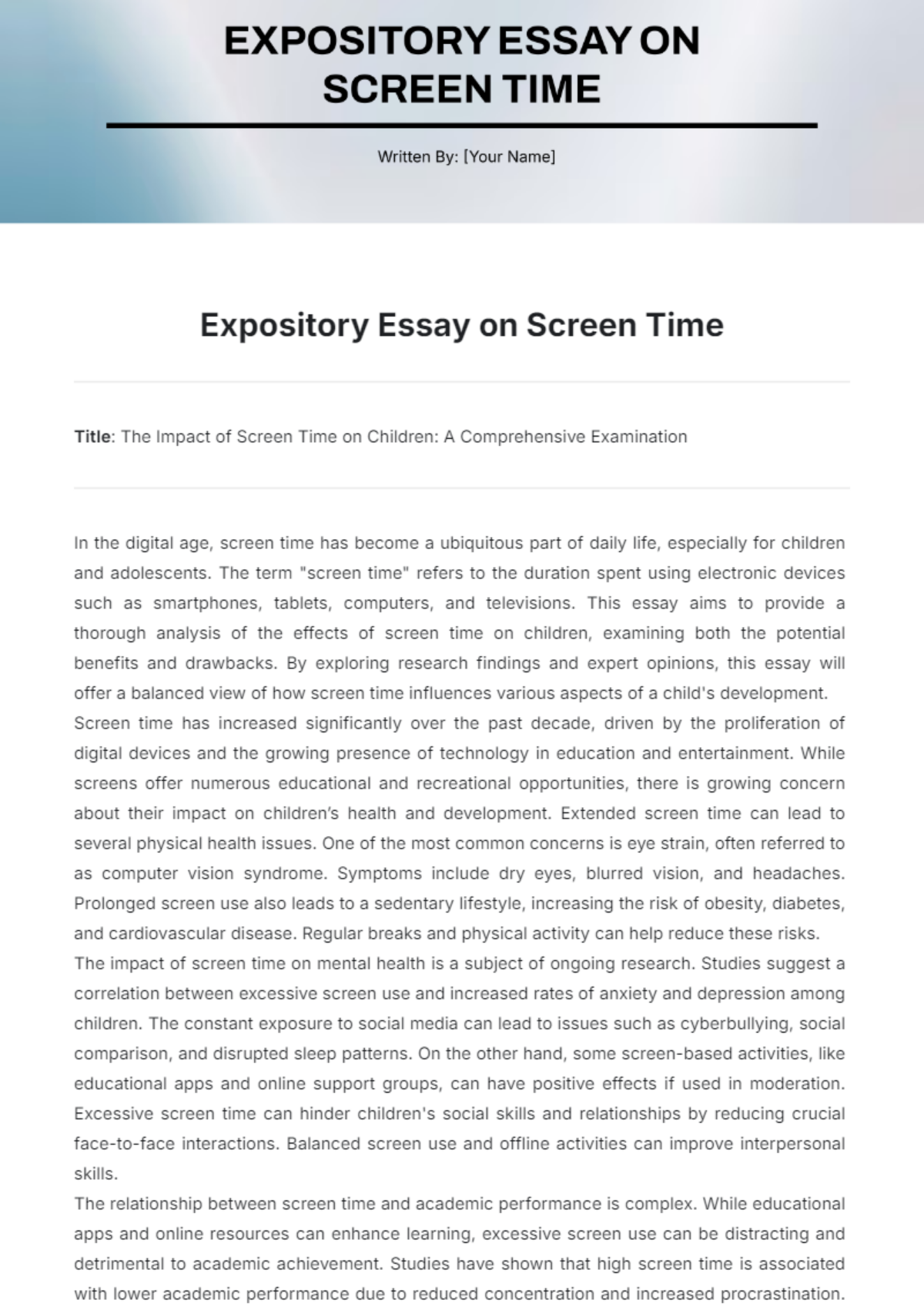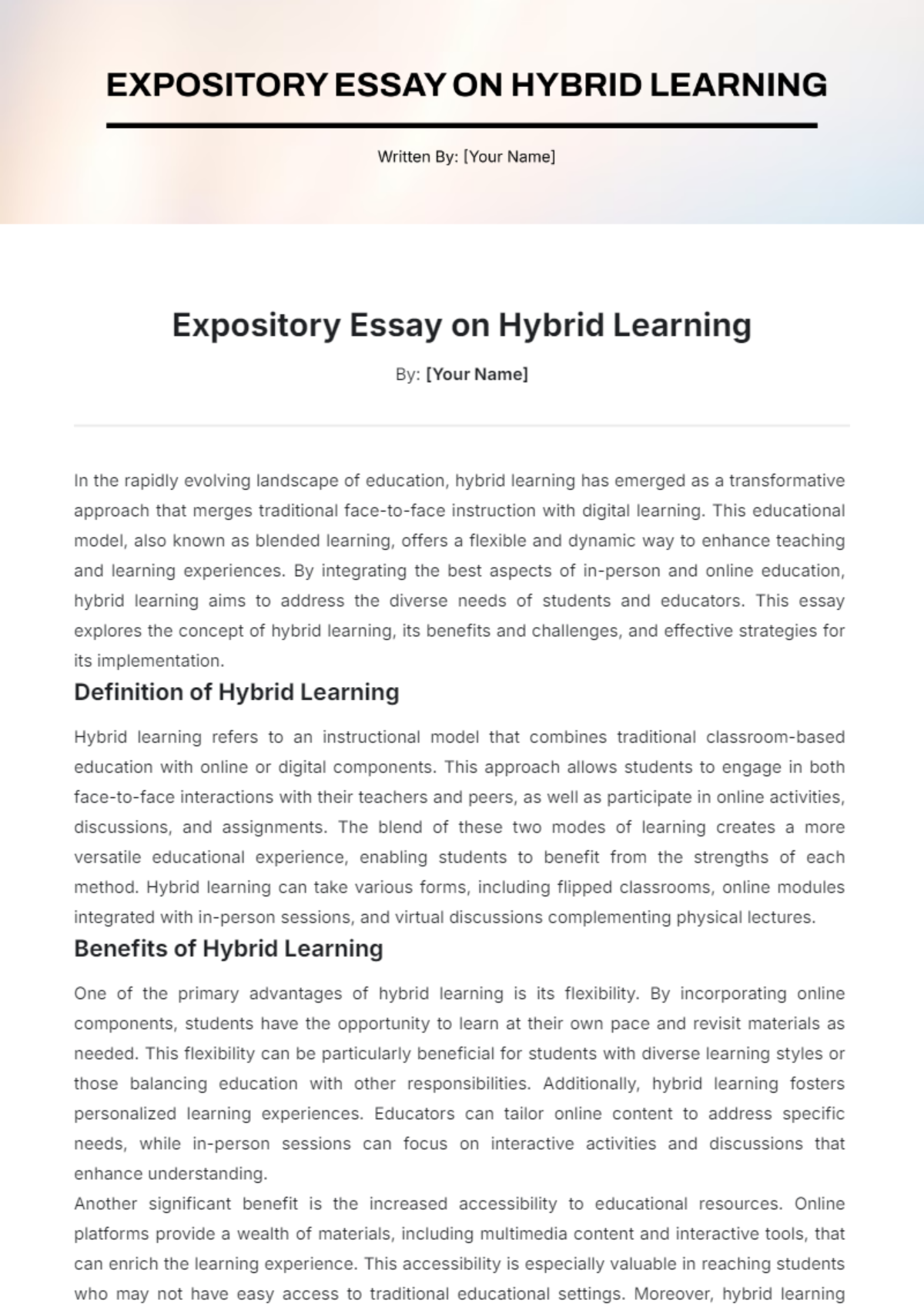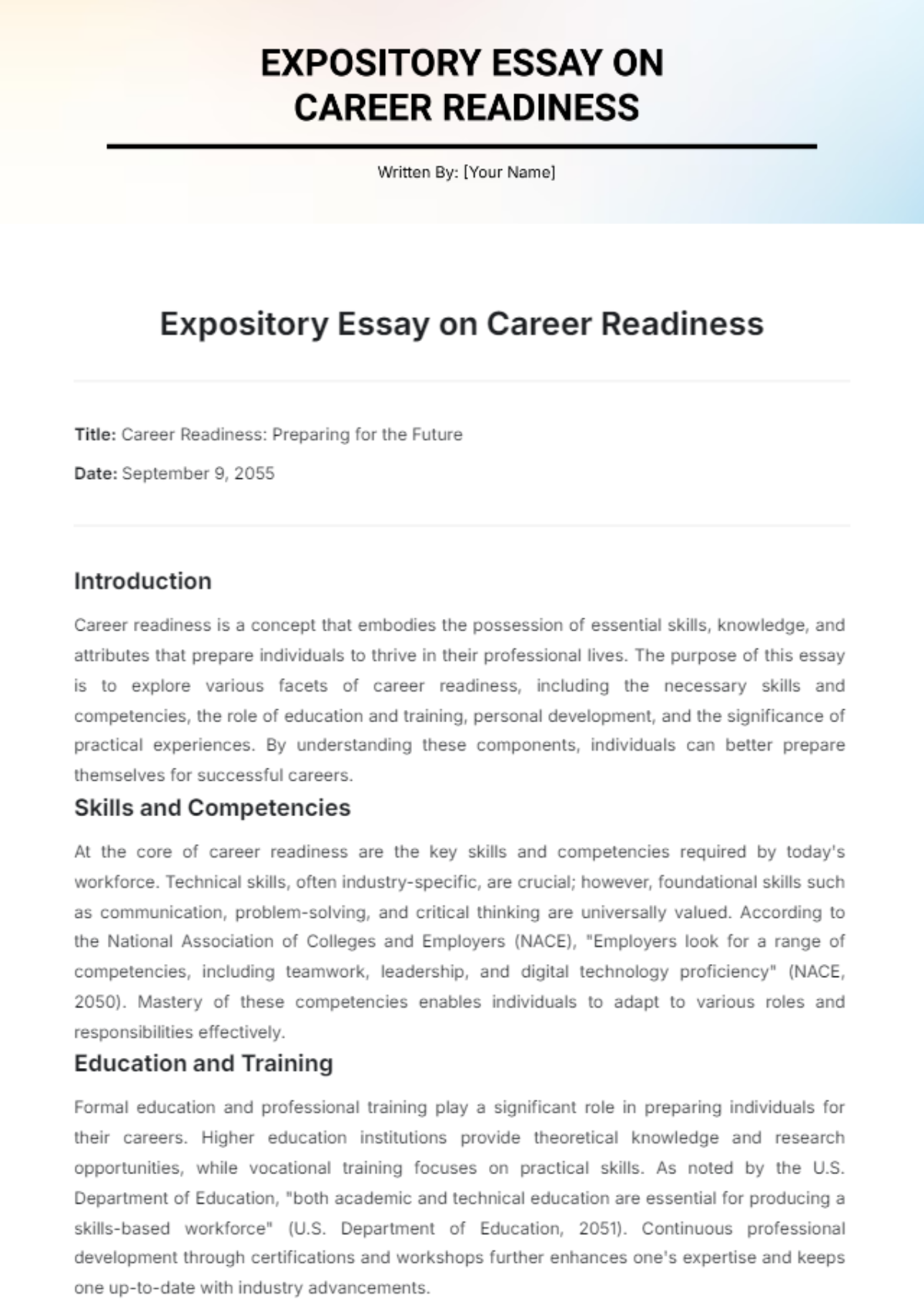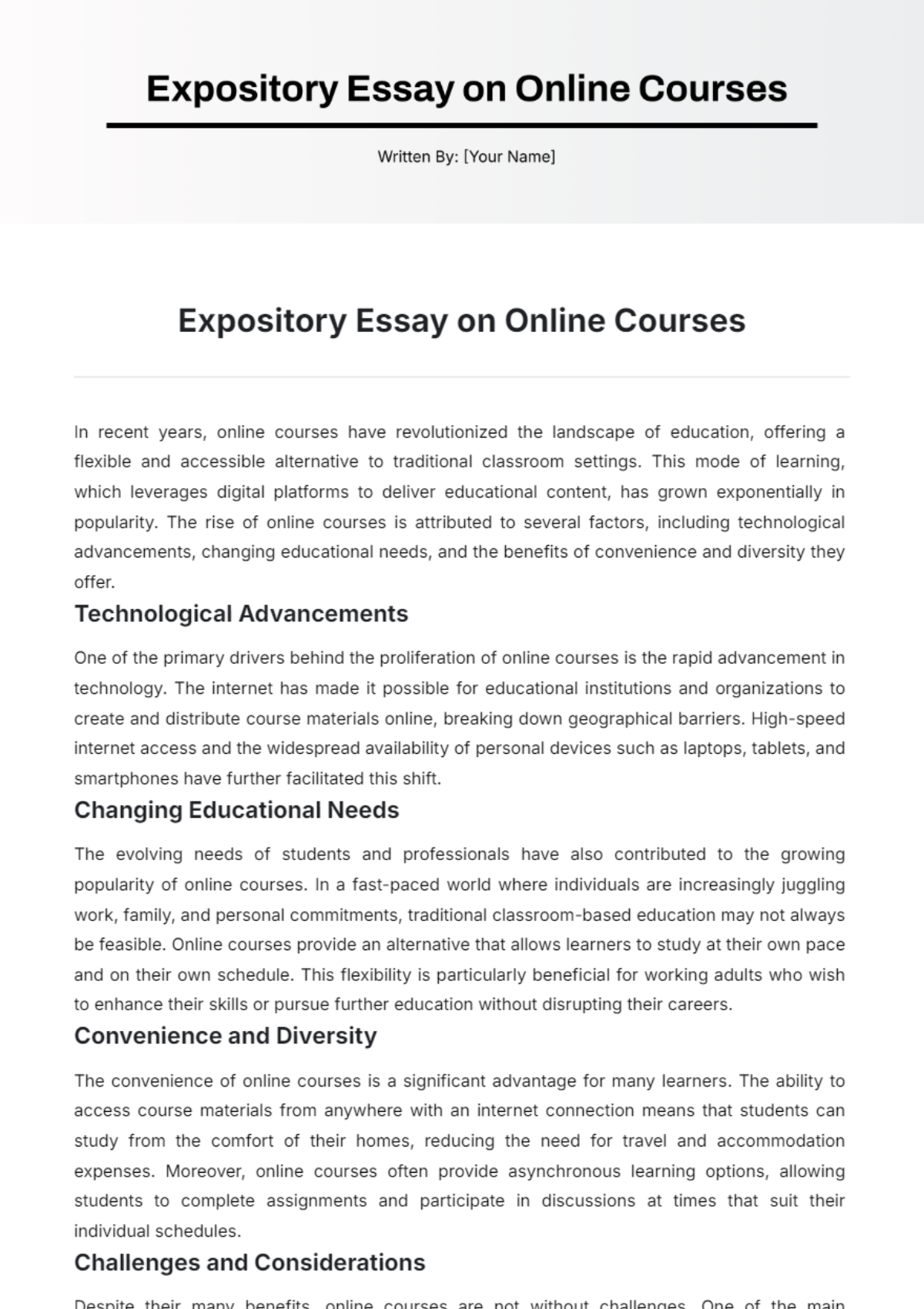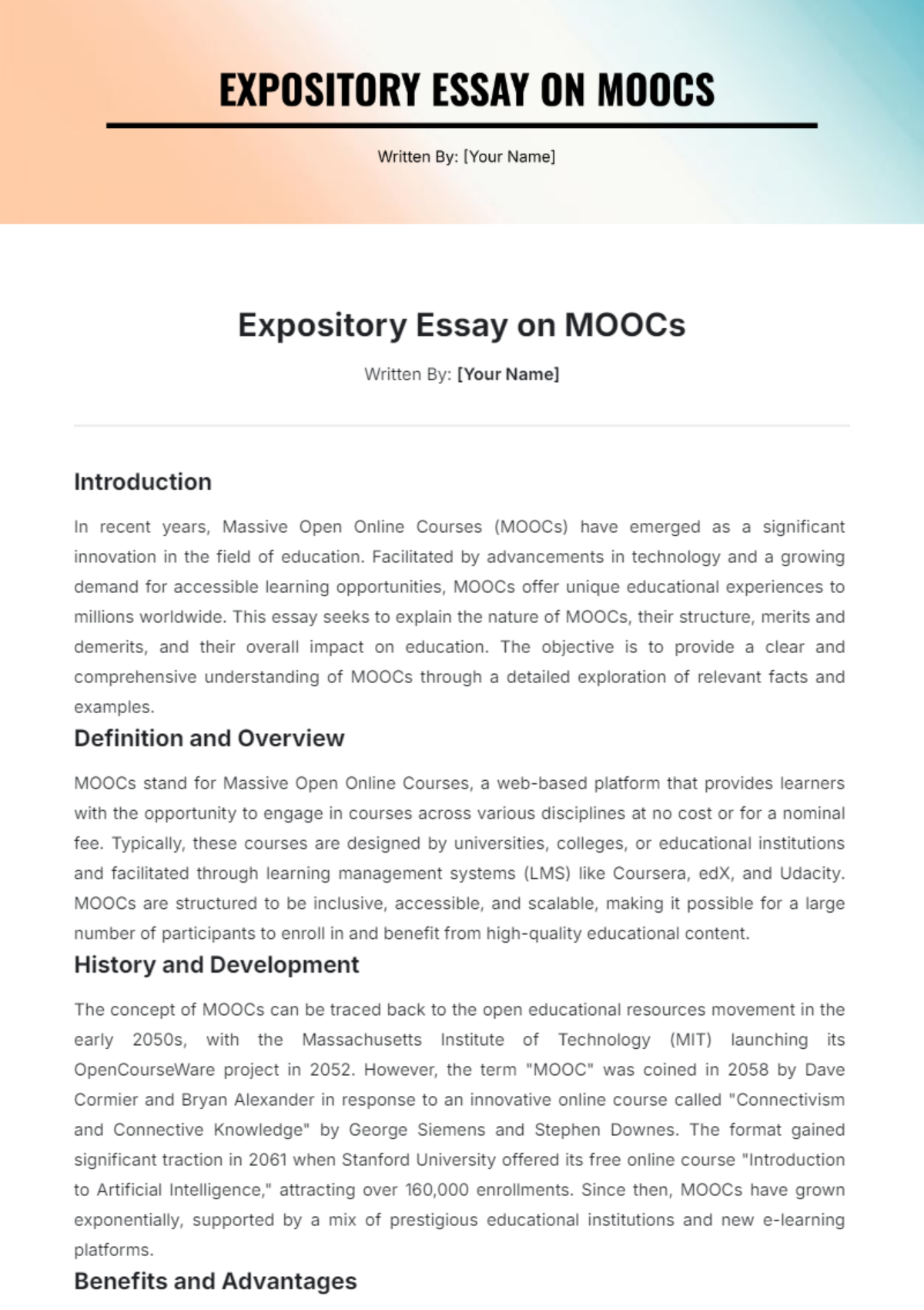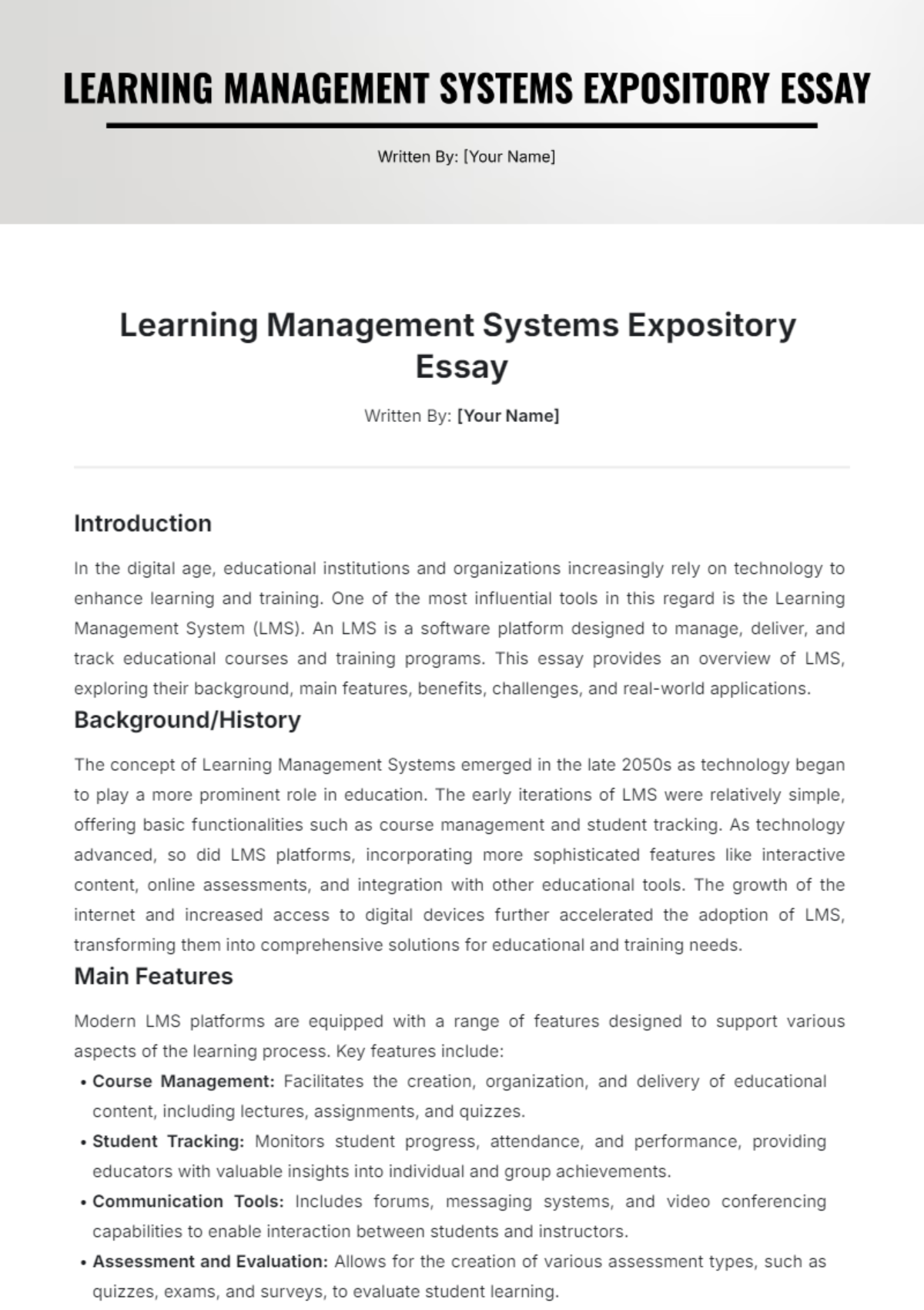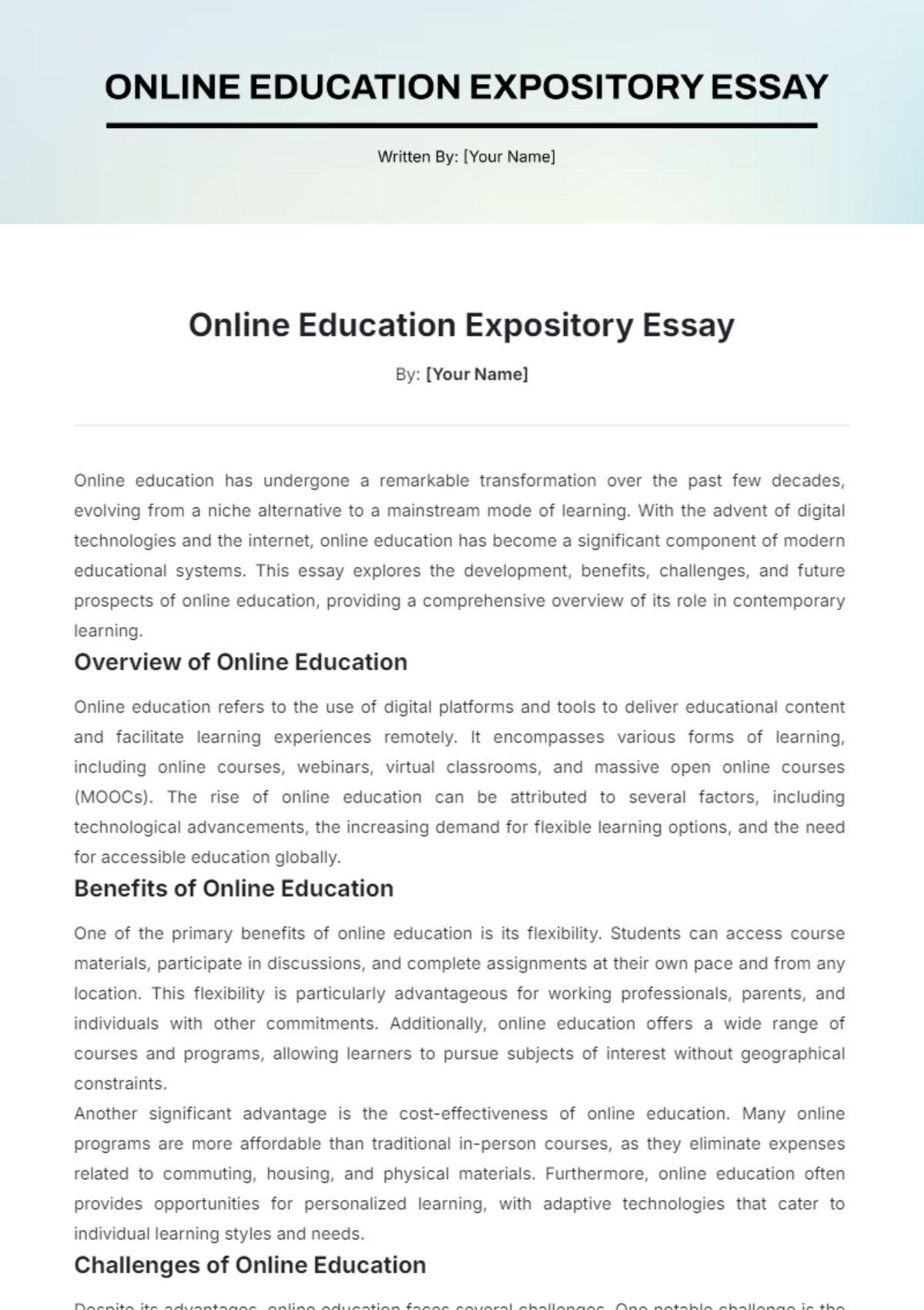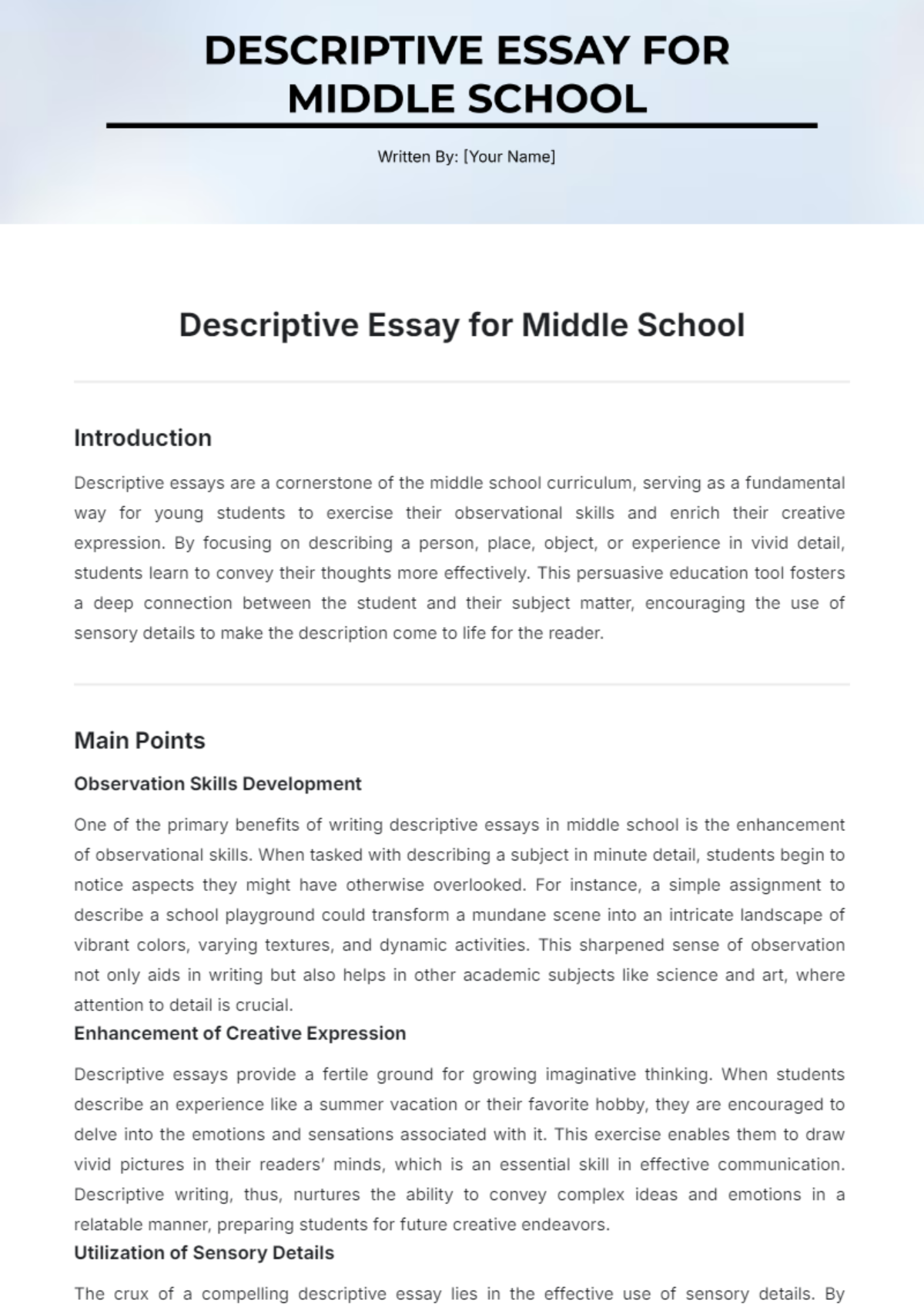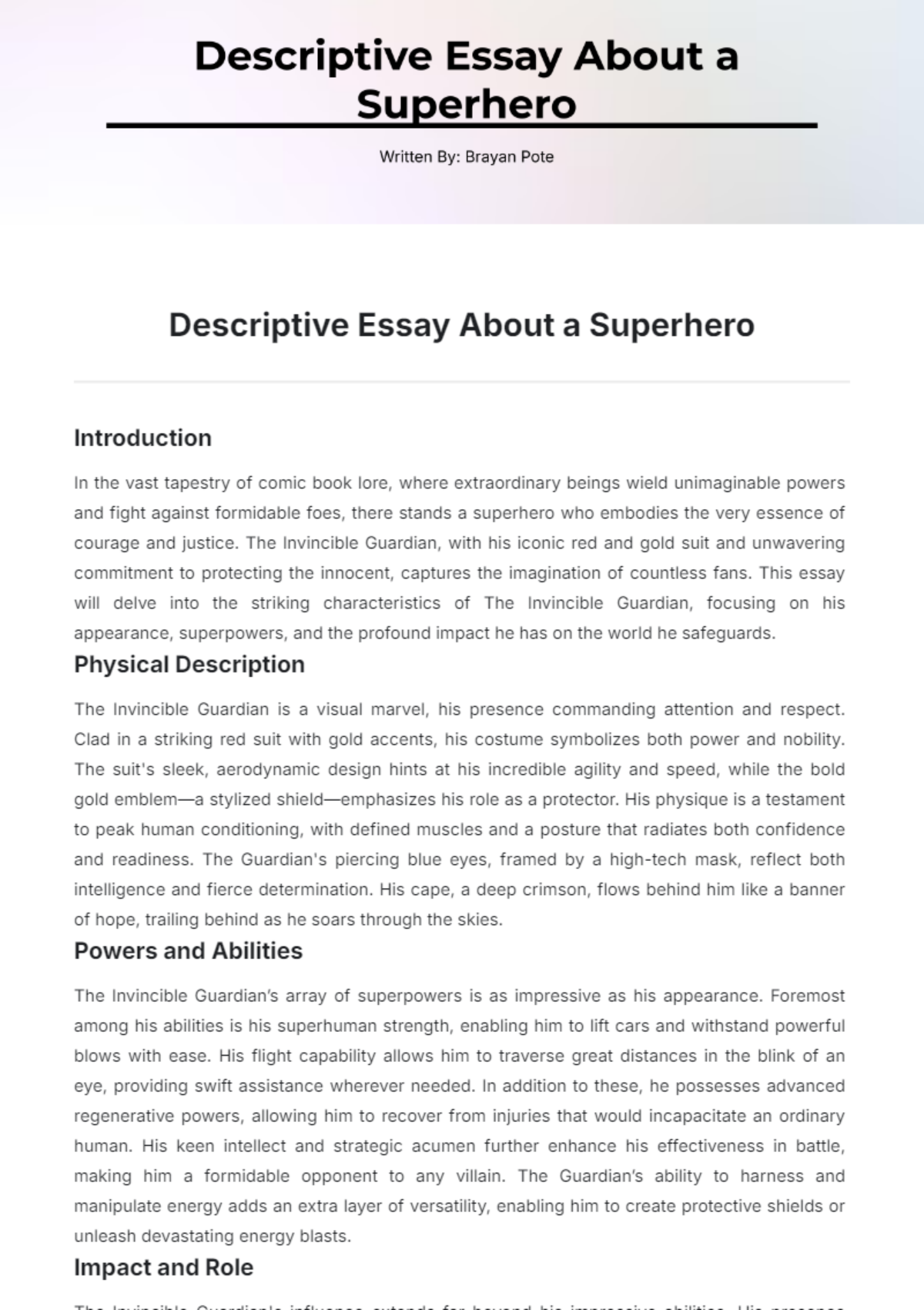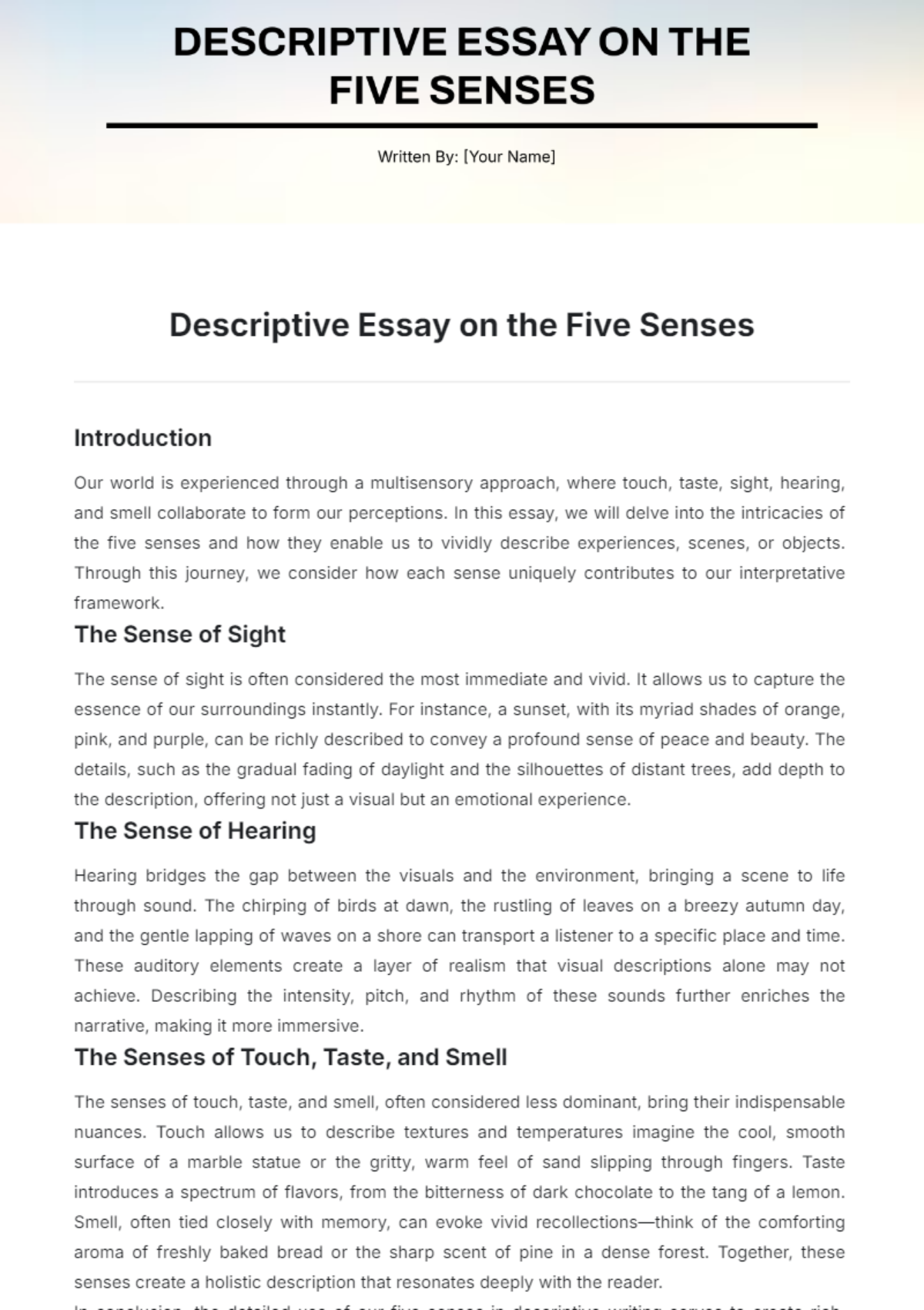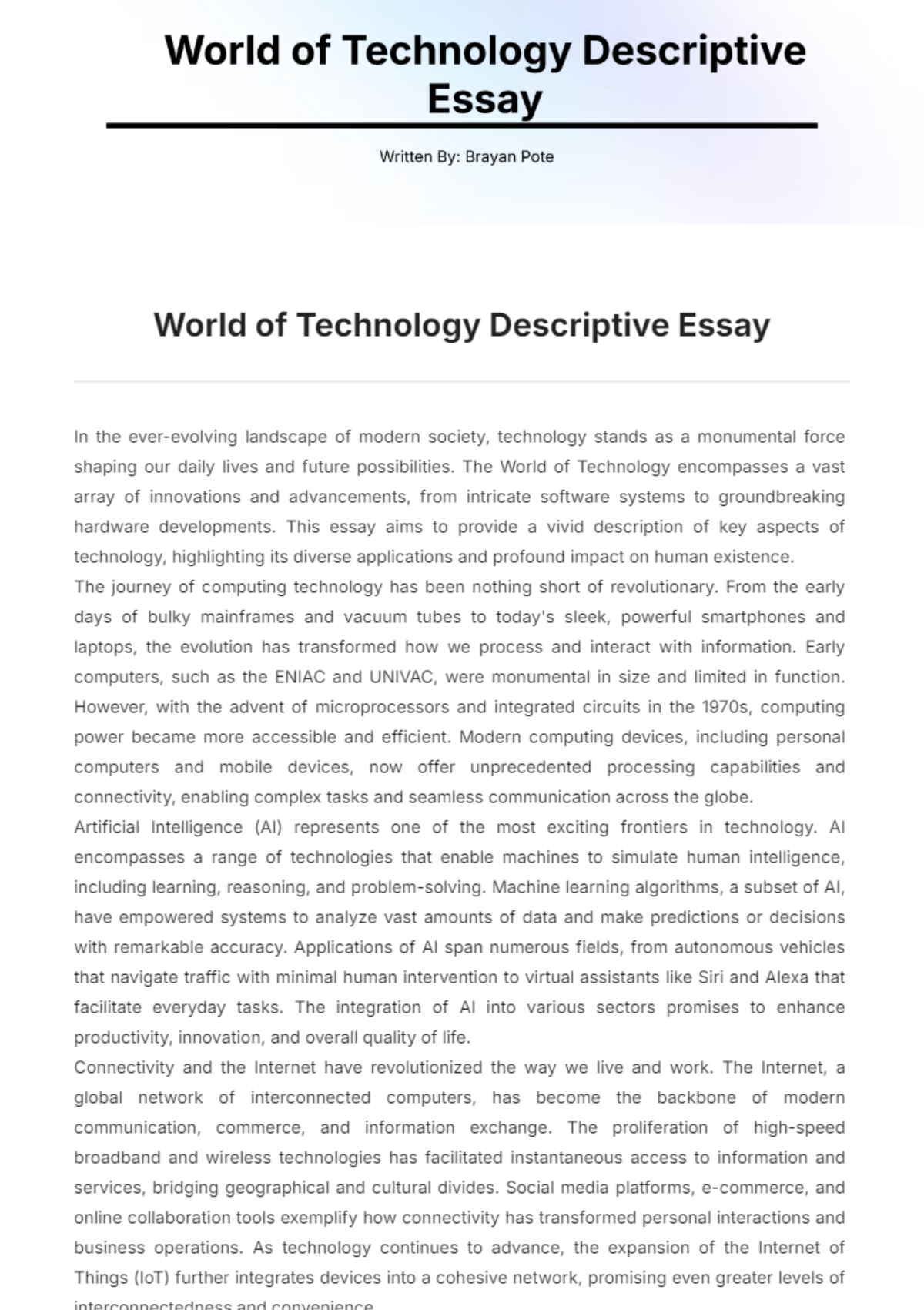Changing in Technology Descriptive Essay
Written by: [YOUR NAME]
Introduction
The rapid evolution of technology has been one of the most significant forces shaping the modern world. From the invention of the wheel to the digital age, technological advancements have continuously altered how we live, work, and interact. This essay delves into the transformation brought about by technology over time, focusing on its impact on daily life, industry, and society. By exploring these areas, we can better understand how technology has revolutionized the world, offering both unprecedented opportunities and new challenges.
Technological Advancements in Daily Life
Technology's influence on daily life has been profound and pervasive. In the past, communication was limited to face-to-face interactions, letters, or telegrams. Today, with the advent of the internet, smartphones, and social media platforms, people can connect instantly across the globe. This shift has not only made communication more accessible but has also fostered the growth of online communities and digital relationships. Additionally, technological innovations in home appliances, transportation, and healthcare have made life more convenient, efficient, and secure. For example, the development of smart home devices has automated many routine tasks, while advancements in medical technology have improved health outcomes and increased life expectancy. These changes illustrate how technology has become an integral part of everyday life, enhancing comfort and connectivity.
Transformation of Industry
Industries have undergone a dramatic transformation due to technological advancements. The Industrial Revolution marked the beginning of mechanization, where machines replaced manual labor, leading to mass production and the growth of factories. In recent decades, the rise of automation, artificial intelligence (AI), and robotics has further revolutionized the industrial landscape. Manufacturing processes have become more efficient and precise, reducing costs and increasing productivity. Moreover, the development of information technology has facilitated the rise of the digital economy, where data and software play crucial roles in business operations. E-commerce platforms, cloud computing, and big data analytics have reshaped traditional business models, enabling companies to reach global markets and tailor their products to individual consumer preferences. These technological shifts have not only increased economic output but have also created new job opportunities and industries, transforming the global economy.
Impact on Society
The societal impact of technology is vast and multifaceted. On one hand, technology has democratized access to information and education, empowering individuals and fostering social mobility. The proliferation of online learning platforms, digital libraries, and social media has made knowledge more accessible, enabling people from all walks of life to learn new skills and stay informed. On the other hand, technology has also introduced new challenges, such as privacy concerns, cybersecurity threats, and the digital divide. As technology advances, it has the potential to widen the gap between those who have access to digital resources and those who do not, exacerbating social inequalities. Additionally, the rise of AI and automation has sparked debates about the future of work, as these technologies have the potential to displace jobs and disrupt traditional employment patterns. Society must navigate these challenges by ensuring that technological progress benefits all members of society, fostering inclusivity and ethical considerations.
Conclusion
The evolution of technology has fundamentally transformed life, industry, and society. From improving daily conveniences to revolutionizing industrial processes and reshaping societal dynamics, technology has become an inseparable part of the human experience. While the benefits of technological advancements are undeniable, they also bring new challenges that must be addressed to ensure a balanced and equitable future. As we continue to innovate, it is crucial to consider the broader implications of technology and strive for a world where its benefits are accessible to all.




